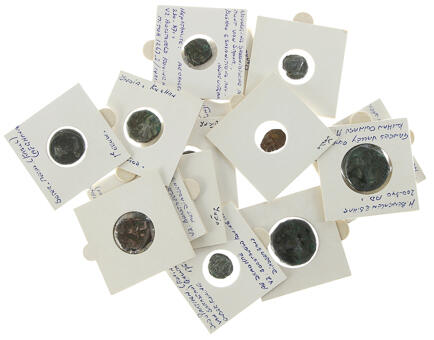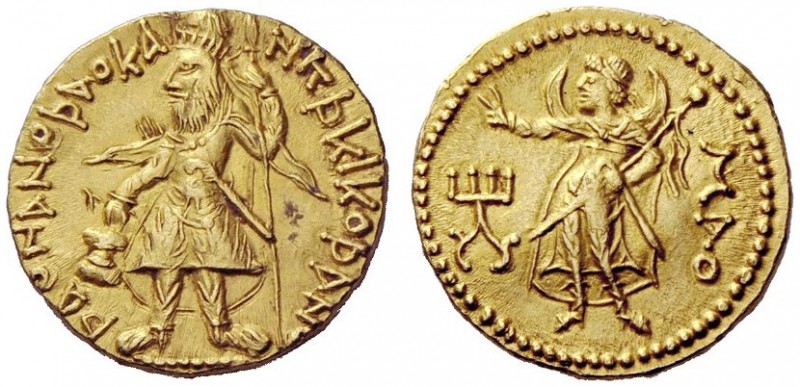Previous Sheldon Coin Grading Scale. Next Tips For Handling & Cleaning Coins. Sheldon Coin Grading Scale. The Sheldon Coin Grading Scale is an 70-point coin grading scale accepted internationally for evaluating coin's condition and quality. Sheldon Coin Grading Scale was developed by Dr. William Herbert Sheldon in. INDIA, GWALIOR: Jean Baptiste Filose (1809-1817), AR rupee, 10.78g, 'Seorha'-type coinage, Mint 3, Seondha?, RY-34, Inverted mace and battle axe to the right of julus.
India Coin Identification
India won its independence on 15th August, 1947. During the period of transition India retained the monetary system and the currency and coinage of the earlier period. While Pakistan introduced a new series of coins in 1948 and notes in 1949, India brought out its distinctive coins on 15th August, 1950.

Indian Coinage Book Pdf
Chronologically, the main considerations influencing the coinage policy of Republic India over time have been:
- The incorporation of symbols of sovereignty and indigenous motifs on independence;
- Coinage Reforms with the introduction of the metric system;
- The need felt from time to time to obviate the possibility of the metallic value of coins rising beyond the face value;
- The cost-benefit of coinisation of currency notes
Independent India Issues could broadly be categorised as

The Frozen Series 1947-1950
This represented the currency arrangements during the transition period upto the establishment of the Indian Republic. The Monetary System remained unchanged at One Rupee consisting of 192 pies.
1 Rupee = 16 Annas
1 Anna = 4 Pice
1 Pice = 3 Pies
The Anna Series
This series was introduced on 15th August, 1950 and represented the first coinage of Republic India. The King’s Portrait was replaced by the Lion Capital of the Ashoka Pillar. A corn sheaf replaced the Tiger on the one Rupee coin. In some ways this symbolised a shift in focus to progress and prosperity. Indian motifs were incorporated on other coins. The monetary system was largely retained unchanged with one Rupee consisting of 16 Annas.
| Denomination | Metal | Obverse | Reverse |
| Rupee One | Nickel | ||
| Half Rupee | Nickel | ||
| Quarter Rupee | Nickel | ||
| Two Anna | Cupro-Nickel | ||
| One Anna | Cupro-Nickel | ||
| Half Anna | Cupro-Nickel | ||
| One Pice | Bronze |
The Decimal SeriesThe move towards decimalisation was afoot for over a century. However, it was in September, 1955 that the Indian Coinage Act was amended for the country to adopt a metric system for coinage. The Act came into force with effect from 1st April, 1957. The rupee remained unchanged in value and nomenclature. It, however, was now divided into 100 ‘Paisa’ instead of 16 Annas or 64 Pice. For public recognition, the new decimal Paisa was termed ‘Naya Paisa’ till 1st June, 1964 when the term ‘Naya’ was dropped.
Naya Paisa Series 1957-1964
| Denomination | Metal Weight Shape Size | Coin |
| Rupee One | Nickel 10 gms Circular 28 mm | |
| Fifty Naye Paise | Nickel 5 gms Circular 24 mm | |
| Twenty Five Naye Paise | Nickel 2.5 gms Circular 19 mm | |
| Ten Naye Paise | Cupro-Nickel 5 gms Eight Scalloped 23 mm (across scallops) | |
| Five Naye Paise | Cupro-Nickel 4 gms Square 22 mm (across corners) | |
| Two Naye Paise | Cupro-Nickel 3 gms Eight Scalloped 18 mm (across scallops) | |
| One Naya Paisa | Bronze 1.5 gms Circular 16 mm |
Indian Dime
With commodity prices rising in the sixties, small denomination coins which were made of bronze, nickel-brass, cupro-nickel, and Aluminium-Bronze were gradually minted in Aluminium. This change commenced with the introduction of the new hexagonal 3 paise coin. A twenty paise coin was introduced in 1968 but did not gain much popularity.
Aluminium Series 1964 onwards
| Denomination | Metal Weight Shape Size | Coin |
| One Paisa | Aluminium-Magnesium 0.75 gms Square 17 mm (Daigonal) | |
| Two Paise | Aluminium-Magnesium 1 gm Scalloped 20 mm (across scallops) | |
| Three Paise | Aluminium-Magnesium 1.25 gms Hexagonal 21 mm (Diagonal) | |
| Five Paise | Aluminium-Magnesium 1.5 gms Square 22 mm (Diagonal) | |
| Ten Paise | Aluminium-Magnesium 2.3 gms Scalloped 26 mm (across scallops) | |
| Twenty Paise | Aluminium-Magnesium 2.2 gms Hexagonal 26 mm (diagonal) 24.5 mm (across flats) |
Indian Coinage
Over a period of time, cost benefit considerations led to the gradual discontinuance of 1, 2 and 3 paise coins in the seventies; Stainless steel coinage of 10, 25 and 50 paise, was introduced in 1988 and of one rupee in 1992. The very considerable costs of managing note issues of Re 1, Rs 2, and Rs 5 led to the gradual coinisation of these denominations in the 1990s.
Contemporary Coins
Indian Coinage Act

Coinage India
| Denomination | Metal | Weight | Diameter | Shape |
| Cupro-Nickel | 9.00 gms | 23 mm | Circular | |
| Cupro-Nickel | 6.00 gms | 26 mm | Eleven Sided | |
| Ferratic Stainless Steel | 4.85 gms | 25 mm | Circular | |
| Ferratic Stainless Steel | 3.79 gms | 22 mm | Circular | |
| Ferratic Stainless Steel | 2.83 gms | 19 mm | Circular | |
| Ferratic Stainless Steel | 2.00 gms | 16 mm | Circular |
